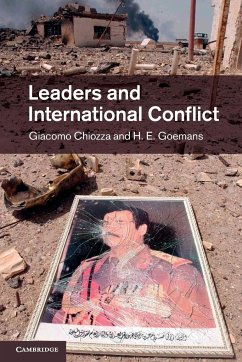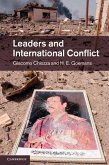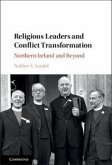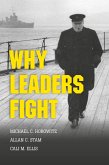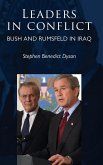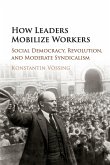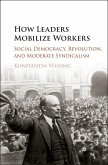Chiozza and Goemans seek to explain why and when political leaders decide to initiate international crises and wars. They argue that the fate of leaders and the way leadership changes, shapes leaders' decisions to initiate international conflict. Leaders who anticipate regular removal from office, through elections for example, have little to gain and much to lose from international conflict, whereas leaders who anticipate a forcible removal from office, such as through coup or revolution, have little to lose and much to gain from conflict. This theory is tested against an extensive analysis of more than 80 years of international conflict and with an intensive historical examination of Central American leaders from 1848 to 1918. Leaders and International Conflict highlights the political nature of the choice between war and peace and will appeal to all scholars of international relations and comparative politics. The role of leadership in international conflict has recently become one of the most dynamic research agendas in international relations. This book seeks to explain why and when political leaders decide to initiate international wars and argues that the fate of leaders shapes their decisions to initiate international conflict.
"Chiozza and Goemans make an important contribution to the literature on war and politics. The book's great strength is its return to an analytic focus on the role of leaders and the incentives they face as individuals."
- Allan C. Stam, Professor of Political Science, University of Michigan
- Allan C. Stam, Professor of Political Science, University of Michigan

